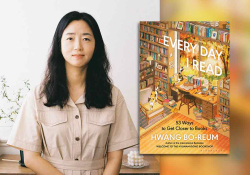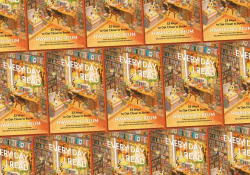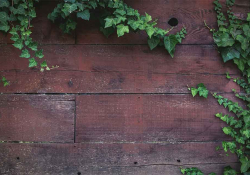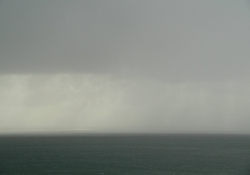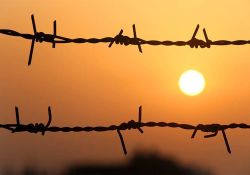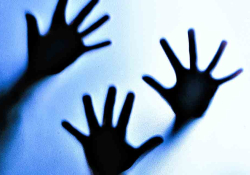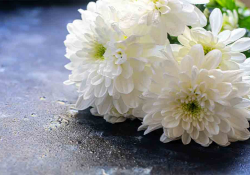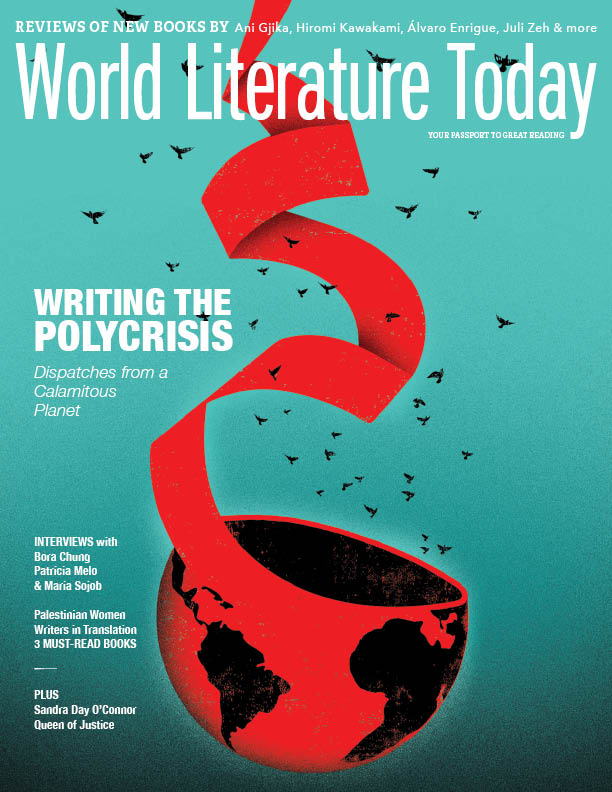If Willarena Were an Artist
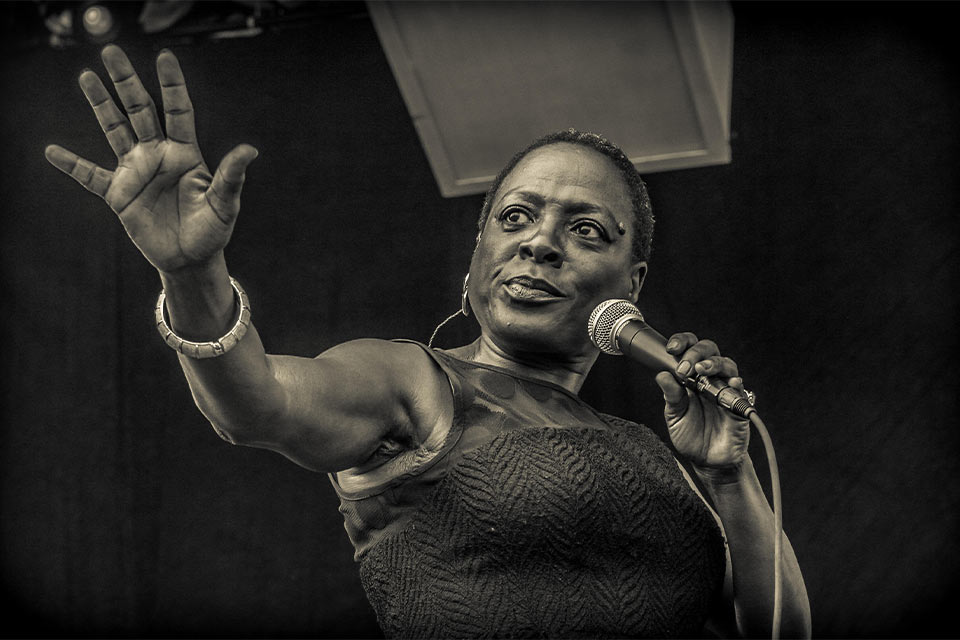
A writer remembers her mother who, had she been an artist, would have been Sharon Jones, and asks: Am I an artist? Which may be asking, Are all Black women artists?
In the fall of 2012, New York Magazine published a brief profile of the late Sharon Jones where the interviewer used versions of the words “force” and “power” to describe her, an unoriginal observation of her intuition, struggling to convey depth while observing a Black woman. The word “artist” was never mentioned. Sharon possessed an essence, an intuitive part that the interviewer wasn’t trying hard enough to identify, a major reason why “artist” holds such significance, specifically when the word isn’t used.
Years before this profile was published, I witnessed a white woman testifying at a performance of Sharon Jones & the Dap-Kings at Irving Plaza in New York. It was 2006, a Thursday. This woman’s fingers were splayed in an arc above us, pursuing the sound, still enough to be alone, warm in the presence of spirit. Her actions said, receive me, while the knowing movement of her hips said that someone already had. I wanted her to dance more; in fact, I wanted her to look at me, as we momentarily believed in the same things.
When I am described as an artist, I feel that the observer sees something in me that is rarely noticed, that any perceived element of nuance informs rather than persecutes, allowing my spirit and intuition to flex muscles of legitimacy. Within this perception, difference is acknowledged as talent and permitted to stand out and be seen.
If you could reach back, arm angled far and deep into the history you’ve walked through, you may be able to pinpoint the exact moment where anxiety showed itself to you, how it acted on your body.
My mother was in a car accident several years before the one that killed her. My father escorted her home after the accident, her jacket hanging off her shoulders. The white bow that she’d worn in her hair was in her right hand. When they told me what happened, I stood, murmuring concern. I poured her a glass of water. Then I returned to the television.
In that same reach, arm hinging back like the capital letter “L,” away from you, trying to remember when you first deemed yourself an artist, where would it take you?
At the performance, my close friend Lee guided me, his hands on my hips, head nuzzling my shoulder. Our eyes rested on this white woman, watching her testify for a long while, even after the song was over.
If my mother were an artist, if Willarena were an artist, she would have been Sharon Jones.
If my mother were an artist, if Willarena were an artist, she would have been Sharon Jones. I am stunned by my need to call my mother an artist, naïve to be surprised by the things that I may not know about her. This connection is risky: Willarena wasn’t a soul singer. She was a schoolteacher, born in Nashville, Tennessee, to a World War II–veteran father and Cherokee mother, both the first in their families to raise children who were not enslaved. Sharon and Willarena shared a body—the trim box shape of Black women barely four and a half feet tall, with ivory smiles hovering above their shoulders. They were both women made of gold with a top lip curled under, meant for grooving to a favorite and familiar rhythm. Sharon and Willarena were women that danced because they had to and not because they wanted to. My mother’s voice carried the abandon of a child—loud and off-key, often repetitive. Sing, baby, sing! she would tell me on long car trips as I murmured along to The Miseducation of Lauryn Hill. While working on Rikers Island as a security guard, Sharon would sing to the inmates before her shift ended every night, as per their persistent request. Sharon’s voice exclaimed a new life, a second life, one that allowed her to be center stage.
While working on Rikers Island as a security guard, Sharon would sing to the inmates before her shift ended every night, as per their persistent request.
There is another part of me that wants to consider artists as self-identified. The white woman’s hand curved and I find this air of connection to be the moment when the music returns, after a period of silence—a revolution. When you have been working or thinking or cooking and then here comes Nina Simone and her piano, flushing your subconscious with the rhythm of an idea. Could it be the warm thrill of hitting your groove, the way a lukewarm shower in the summertime is both sexy and satisfying, distracting you long enough to keep you in the shower for far too long, far too much water? I’m partial to this psychology, my imagination’s hot-air balloon carrying me away to that place in the sky where home is no longer visible, and I am momentarily unafraid.
The morning after Sharon Jones died, I woke up to three text messages from my friends gently notifying me of her death. They were the kind of “hate to break it to you” messages that begin with “baby girl” or “I love you sister,” sent by loved ones attempting to cushion the blow of a significant ending. The last time this happened was when my mother died. God was sparing her. He knew she couldn’t handle what was coming, I said to my father the morning after her death. He’d driven overnight; my sister had been calling my cell phone for hours. My voice was even and alert, despite being still slightly drunk from the previous night of partying on Tenth Avenue. The smell of vodka hung in the air, stinging the terrified eyes of my father. We stood in that hollow part of time, moments before it would begin to grow thin, dissolving the lives familiar to us, digging deeper holes in our skin where fear and worry and doubt were already living. We would become less before we could become more.
Grief will remake life into fiction as you move through it.
Am I an artist? Which may be asking, Are all Black women artists? And while I know that I wasn’t merely her friend, I don’t think I have ever felt like my mother’s daughter, primarily because there wasn’t enough time to feel this way, to understand her world as a part of myself. I carry her remains in order to become. I have listened to people who have lost their mothers speak about them with a particular fondness, of the space in which we find things beautiful, where remembering is enough. Grief will remake life into fiction as you move through it, as the character you embody as you feel sad, especially when the dead never recovered from not knowing themselves. This could be the ultimate tragedy—an ending so extraordinary, it must happen again and again, until the dead are renamed. It may well be the expansive saturation of loss in every space of your life. Or the feeling of a lukewarm shower in the summertime. It is the space where you are at once porous, but also tender and full. Some people become open. Some people make art. Some will even develop a new language or manipulate the meanings of the words we already know and use. These people make brash declarations and think wildly about moonlight and pray for their enemies and consider why art isn’t only beautiful.
Brooklyn, New York
Editorial note: Excerpted from Wrong Is Not My Name, by Erica N. Cardwell. Published by permission of the Feminist Press. Copyright © 2024 by Erica N. Cardwell.

